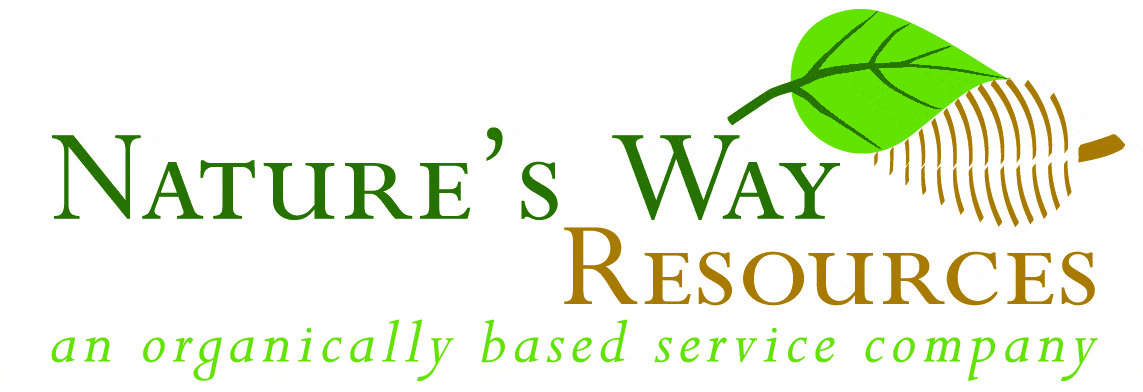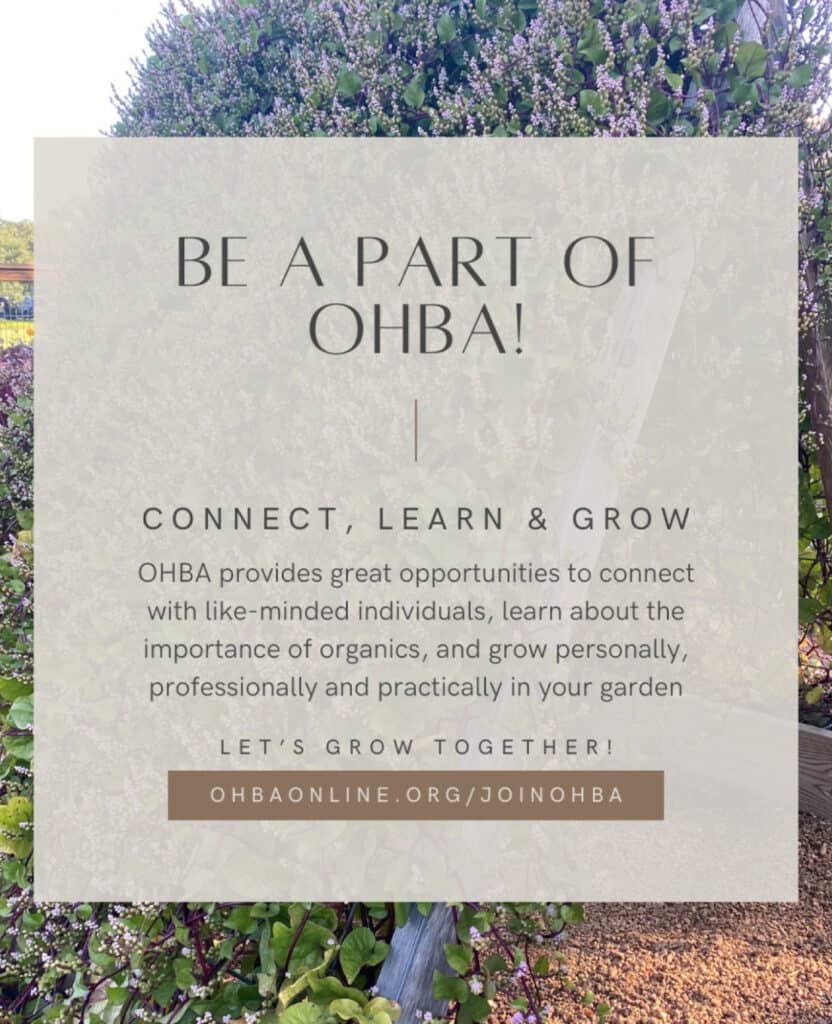GARDENING FOR WILDLIFE AS A CITIZEN SCIENTIST
By Lauren J. Simpson

We know that birds, butterflies, and bees are in trouble. We want to help, but we don’t always know the best ways. After all, most of us are not entomologists, wildlife biologists, or even botanists. The good news is that we need not be scientists to help wildlife. All we need is a willingness to adapt gardening practices to support wildlife and a desire to observe and record. In other words, while we garden, we can be citizen scientists. Scistarter describes a citizen scientist as “an individual who voluntarily contributes his or her time, effort, and resources toward scientific research in collaboration with professional scientists or alone.”
We gardeners are particularly well-suited for this because we encounter wildlife frequently.

Here’s how you can support wildlife as you garden:
- ADAPT. Our gardens must welcome wildlife, which happens when we adapt our gardening in ways like these:
- Avoid pesticides: let predators keep pests in check.
- Use compost or organic fertilizers.
- Leave some bare, undisturbed ground for bees’ nests (70% of native bees nest in ground).
- Reduce mowing (which scares wildlife, removes food and cover, and pollutes).
- Leave dead stems until spring because tiny bees may nest or shelter inside.
- Allow leaves to stay in beds because wildlife shelters under them in winter.
- Use native plants because they feed more wildlife and work better here.
- Select flowers of varying sizes, shapes, colors, and bloom times.
- Include plants that feed caterpillars.
- OBSERVE. As you garden, be mindful of plant and animal relationships.
- Which plants feed which animals, and when?
- Which animals eat your garden pests?
- What attracts pests and predators alike to your garden?
- Knowing these connections will help you to understand the web of life and also to choose what, where, and when to plant.
- SHARE. Share your observations on citizen-science platforms, such as
- iNaturalist, Nature’s Notebook,
- Bugguide,
- Bumble Bee Watch,
- Journey North,
- and educational communities.
- Find citizen-science opportunities through sites such as
- Scistarter,
- citizenscience.gov, and
- National Geographic.
When we share, we give scientists the data they need to help the wildlife that we treasure.
Lauren is a Clinical Assistant Professor at the University of Houston Law Center, where she teaches Lawyering Skills and Strategies. She is a spring 2016 recipient of the UH Teaching Excellence Award (Instructor/Clinical category) and the spring 2017 and 2018 Professor of the Year for Law Center faculty teaching in the part-time program.

